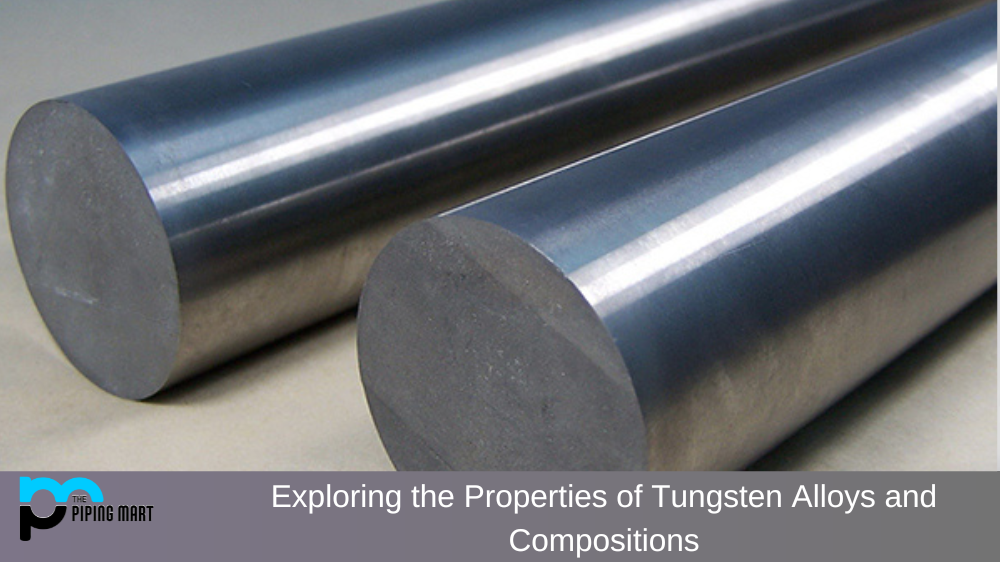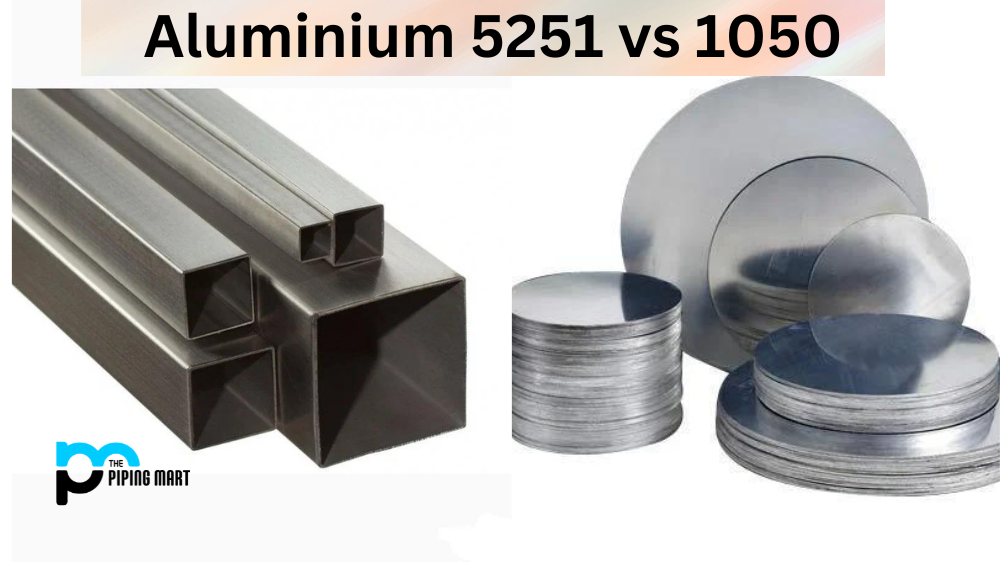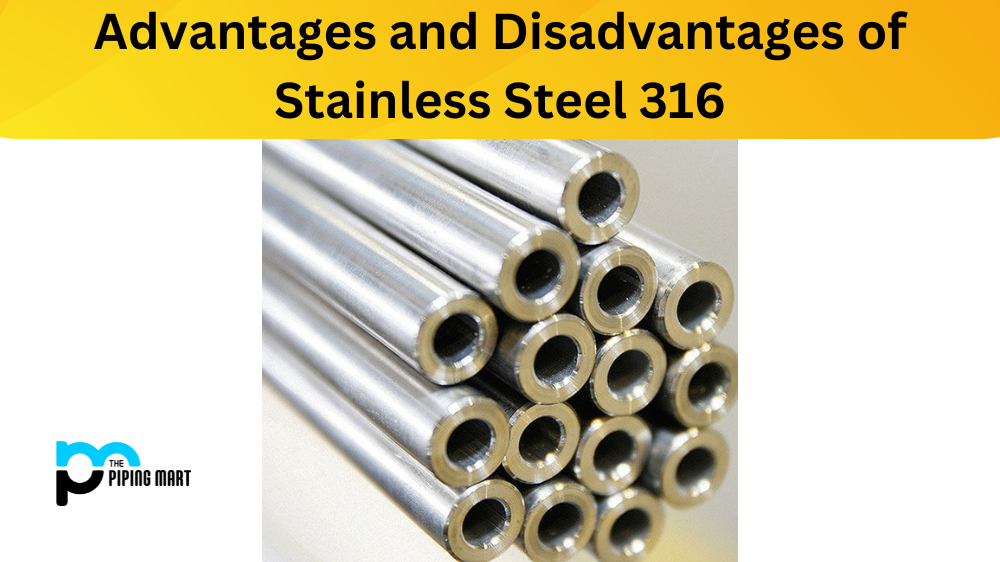Tungsten alloys are strong, heavy-duty materials composed of tungsten, cobalt, and other metals. They have a variety of applications in industries such as aerospace, automotive, medical technology, and more. But what makes tungsten alloys so special? Let’s explore the properties and compositions of tungsten alloys to find out.
Tungsten Alloy Composition
Tungsten alloy is made up of a combination of carefully chosen metals for their strength and weight. Most tungsten alloys will contain a base metal like tungsten or steel that is combined with smaller amounts of other metals such as cobalt or nickel. The exact composition of the alloy will depend on its intended use; different combinations are required for certain applications. For example, a high-strength alloy may contain more tungsten, while a low-weight alloy may contain more aluminum or titanium.
Tungsten Alloy Properties
The unique properties of tungsten alloy make it ideal for many uses. It is extremely strong and resistant to corrosion, so it can be used in extreme temperatures or environments where other metals would corrode quickly. Tungsten alloy also has an exceptionally high melting point (over 6100 °F), making it highly heat resistant compared to other metals such as steel or aluminum. Another advantage is its density; at 19 grams per cubic centimeter, it is one of the heaviest metals available on the market today. This makes it perfect for applications that require a lot of weight in a small space, such as counterweights and radiation shielding.
Magnesium Tungsten Alloy & Platinum Tungsten Alloy
In addition to standard tungsten alloys, specialty alloys like magnesium and platinum tungsten are available on the market today. These special alloys are designed to offer specific benefits that can be tailored to particular applications; magnesium tungsten alloy is used in aviation due to its light weight, while platinum tungsten alloy is often used in medical devices due to its resistance to corrosion and extreme temperatures. No matter what type you choose, these specialty alloys balance strength, durability, and lightweight design.
Conclusion:
Tungsten alloy is an incredibly versatile material with many useful properties. Its strength, durability, heat resistance, corrosion resistance, and density make it ideal for use in aerospace, automotive, medical technology, counterweight systems, radiation shielding, and more. It can also be combined with other metals like cobalt or nickel for even greater strength. Additionally, specialty alloys like magnesium t ungst e nor platinum t ungst e can provide additional benefits tailored specifically to certain uses. Whether you need a standard alloy or something more specialized, there’s sure to be an option that meets your needs. With its many advantages over traditional metals, it’s no wonder why so many industries rely on this unique material!

Pipingmart is a B2B portal that specializes in metal, industrial and piping items. Additionally, we share the latest information and information about materials, products and various types of grades to assist businesses that are involved in this business.




